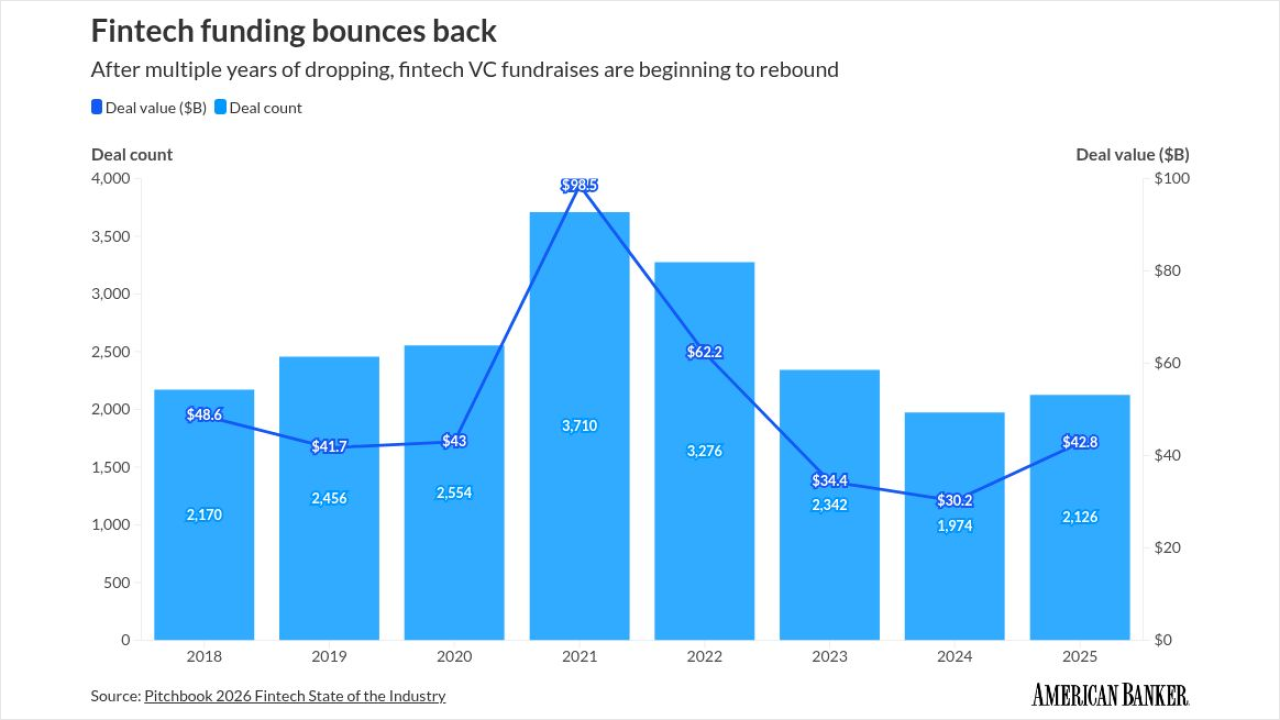-
The Federal Housing Finance Agency offered more details Tuesday for how it plans to create a new infrastructure for the secondary mortgage market and reduce the role of Fannie Mae and Freddie Mac.
February 21 -
DeMarco takes responsibility for the $12 million in payments, but says they were necessary to ensure top talent at the government-sponsored enterprises.
November 15
WASHINGTON — Facing congressional pressure, the Federal Housing Finance Agency announced a
Under the plan, pay targets for most of the existing top executives at the two companies in 2012 will drop by 10%, with the five most senior people at each company making a combined $30.7 million. But the FHFA's goal is for that number to drop even further.
The projections for this year include targets of $5.4 million each for Fannie chief executive Michael Williams and Freddie CEO Charles Haldeman, which is 10% below their 2011 targets. But both men have said they will leave pending the hiring of their successors, and the FHFA targets the new CEOs making no more than $500,000 each.
As a result, the new executives would be making way below financiers of equal qualifications, while the two positions have taken on characteristics unlike any Wall Street job since Fannie and Freddie were seized by the government in the 2008 mortgage crisis.
"Both CEOs have announced their desire to leave. Our plan is that we will replace them. This job as CEO is a lot about public service, and there are candidates showing interest," said FHFA chief economist Patrick Lawler.
The plan also upends a previous system that had allowed executives at the mortgage giants to earn more than their targets based on certain performance incentives. Now, the compensation target for each of the 10 top executives is essentially a cap, and their deferred compensation is subject to reductions below that cap if their results are sub-par.
"The new plan includes a retention feature and reductions for missed performance, and it eliminates the incentive plans that have been in place for the past three years," the FHFA said in a press release.
The new compensation plan — announced along with the agency's 2012 "scorecard" for its conservatorships of the two companies — came after lawmakers had criticized the amount of pay at Fannie and Freddie and executives' ability to earn performance bonuses despite the need for the government to prop up the two firms.
In a press release Friday, House Financial Services Chairman Spencer Bachus said his proposed bill forcing CEOs at the government-sponsored enterprises to make just over $218,978 was "much more appropriate" than the FHFA plan. Yet he called the agency's announcement "a long overdue change and a step in the right direction."
Still, under the FHFA, the two new CEOs are projected to make considerably less than their subordinates, whose reductions were more modest.
For example, Ross Kari, Freddie's chief financial officer, had a compensation target in 2011 of $3.5 million, and received just over $3.2 million in compensation. In 2012, his pay is capped at $3.15 million, with a base salary of $675,000. David Benson, Fannie's executive vice president for capital markets, will make maximum compensation of $2.52 million this year, compared with a 2011 target of $2.8 million and actual pay of $2.59 million.
"In setting this new compensation framework, FHFA concluded that further material reductions or uncertainty around compensation would heighten safety and soundness concerns," the agency's press release said.
Edward DeMarco, the agency's acting director, said in the release that the plan struck a "balance between prudent executive pay including the elimination of bonuses, with the need to safeguard quality staffing in order to protect the taxpayers' investment and achieve the objectives" of the conservatorships.
"A sudden and sharp change in pay from these levels would certainly risk a substantial exodus of talent, the best leaving first in many instances," he said. "A significant increase in safety and soundness risks and in costly operational failures would, in my opinion, be highly likely."





